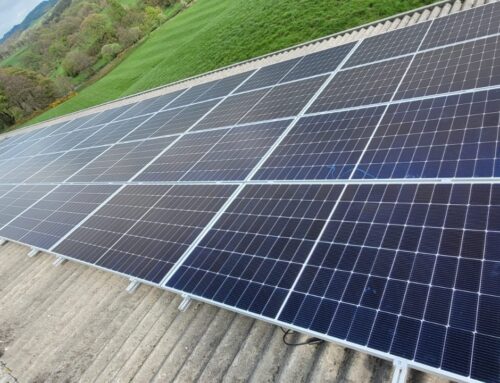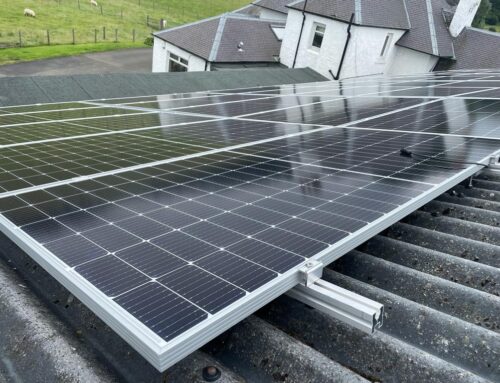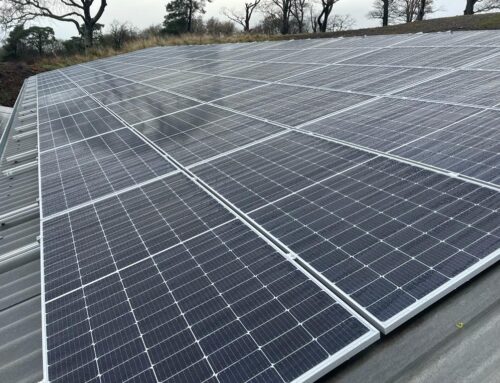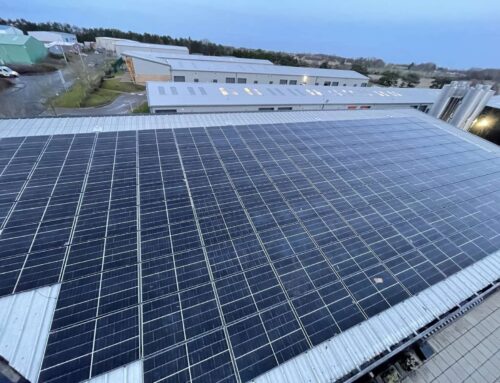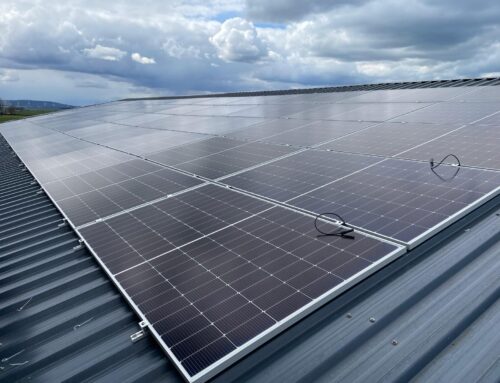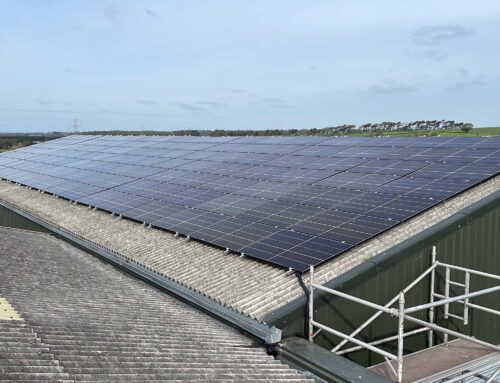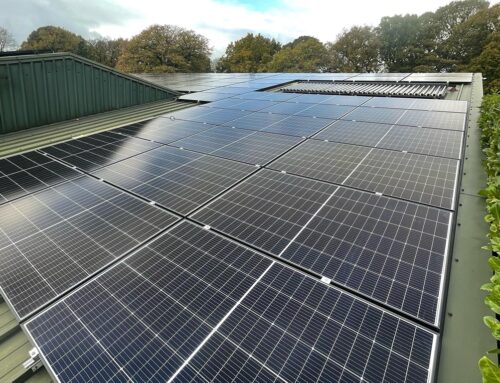
Did you know in 2023, the United Kingdom’s solar capacity was 15 gigawatts, a 6.7% increase from June 2022? Well, more than a third of the UK’s solar capacity is rooftop solar, and the United Kingdom is making significant strides towards a sustainable future with renewable energy sources. Solar energy stands out as a prominent name in the renewable energy landscape because it allows residential and commercial spaces to be powered by solar energy storage batteries while reducing the reliance on the grid and proving a cost-effective alternative.
The only challenge faced by renewable energy sources, including solar, is intermittency- the variable nature of generation based on weather conditions. Solar battery energy storage systemsare solving this issue seamlessly. Here’s an article to describe how solar batteries are bridging the gap between renewable energy generation and consumption in the UK.
The Need for Energy Storage Solutions
Let’s face it: we are saving nothing for our future generations. At the pace we are proceeding, in a few hundred years, no natural resources will be left for our successive generations. Besides, non-renewable energy sources aren’t great for the environment. However, unlike traditional fossil fuel-based power plants, renewable energy sources like solar are forms of clean energy. Storage solutions are necessary because solar energy depends on weather conditions, so the output is variable and sometimes unpredictable. Energy storage systems like solar batteries offer an excellent way to capture and store excess energy for use during times of high generation when demand is high or generation is low.
How do Solar Batteries Work?
Solar batteries work by storing the excess electricity generated by solar panels during periods of high sunlight. These batteries use rechargeable lithium-ion technology, similar to smartphones and electric vehicles. When the sun is not shining, or energy demand exceeds solar generation, the stored energy in the batteries is discharged to power homes and businesses or fed back into the grid.
Empowering Consumers with Energy Independence
One of the most significant benefits of solar batteries is their ability to grant consumers with energy independence. By storing excess solar energy, homeowners and businesses can reduce their reliance on the grid during peak times and even go completely off-grid if desired. Reduced reliance on the grid offers consumers greater control over their energy usage and offers protection against power outages and rising electricity costs.
Conclusion
You don’t need a solar battery energy storage systemjust to fuel your residential appliances. You can use the power for commercial purposes as well. In addition, you can also integrate them with smart energy systems to optimise energy usage, storage and distribution in real time. This integration with smart meters and energy management software can help balance the supply and demand on the grid and reduce strain during peak times while promoting overall grid stability. Searching for solar energy battery storage systems in the UK, or have queries about solar PV installation? Find them at Ember Energy, or consult our team of renewable energy specialists today.

